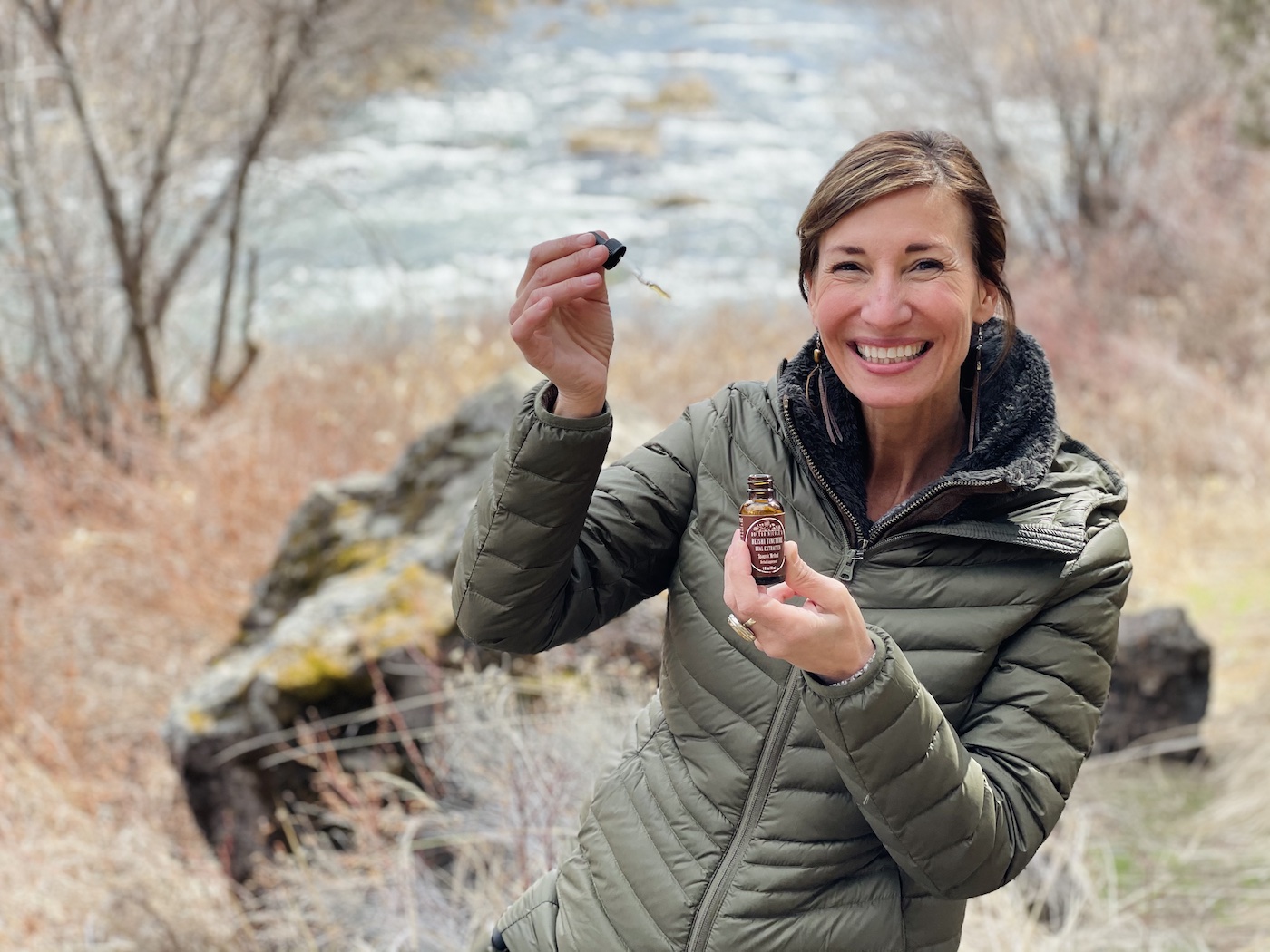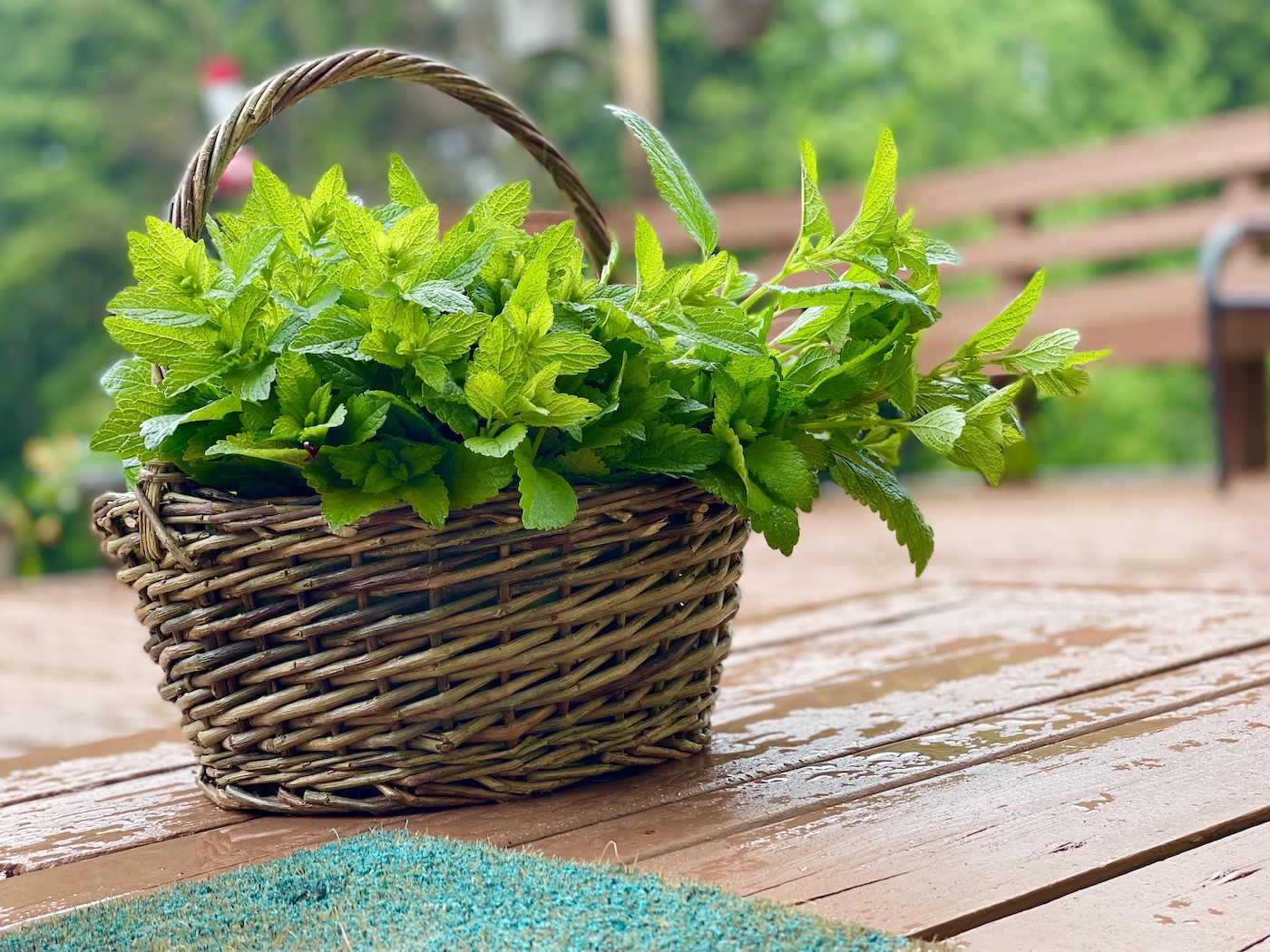A Widespread Health Concern
A surprisingly common condition, it is estimated that tinnitus affects 50 million Americans — and that number is growing. It typically develops around age 50, but can affect younger ages as well. The classic symptom of tinnitus is what is described as an internal “ringing in the ears” although you may also experience whistling, buzzing, and hissing sounds. While it remains a somewhat mysterious disorder as to the cause, certain factors such as exposure to excessive noise, head and neck injuries, and ear infections may increase your risk of tinnitus. And now, researchers have added two more potential causes: anxiety and neuroinflammation.
The Link Between Inflammation, Anxiety, and Tinnitus
A study in PLOS Biology may shed light on the mechanisms of tinnitus — and how to effectively treat it. The University of Arizona, Tucson team explored the relationship between noise-induced hearing loss and the development of tinnitus. What they found is that animals who were exposed to loud noise had elevated levels of proinflammatory cytokines as well as activation of microglia cells in the primary auditory cortex — two significant indicators of neuroinflammation.
The researchers believe that “noise exposure can initiate such a self-sustained, positive feedback loop of neuroinflammatory responses. Furthermore, noise-induced neuroinflammatory responses could result in excitatory-to-inhibitory synaptic imbalance and cause behavioral/perceptual pathologies such as tinnitus.”
Essentially, once the switch was turned “on” for these inflammatory cytokines, a continuous feedback loop was triggered, leading to ongoing issues with tinnitus. To test their theory, the team suppressed the gene responsible for the production of TNF-a cytokine — and the tinnitus disappeared. Likewise, when TNF-a was introduced into the auditory cortex of healthy mice, they subsequently developed tinnitus. The team concluded, “Our results indicate that neuroinflammation plays an essential role in a noise-induced excitatory-to-inhibitory synaptic imbalance and tinnitus in a rodent model.”
Scientists believe another factor may come into play as well: anxiety. A 2020 longitudinal study discovered there is a significant association between tinnitus and anxiety, although they are not quite sure why. Data from the United States and several countries across Asia, Europe, and South America found that those with a high rate of anxiety also experienced tinnitus.
Before concluding that tinnitus is the cause of anxiety through disruption of sleep, focus, and clarity, this study points out that emotional stress frequently precedes the development of tinnitus.
“It has been frequently observed that many tinnitus patients present with psychological or psychiatric distress before or during the onset and evolution of tinnitus. … There’s a close relationship between psychological disorders, including stress, and the occurrence and maintenance of tinnitus, causing an impact on a patient’s quality of life.”
Best Practices for Managing Symptoms
While there isn’t a known cure for tinnitus, several methods can help to minimize symptoms. Protecting your hearing should be a top priority to reduce your risk of developing the condition — always use earplugs to blunt the sound of loud environments.
Next, keep inflammation in check. An anti-inflammatory diet is key. High-quality herbal extracts such as reishi, turkey tail, lion’s mane, and cordyceps mushrooms — like the ones in my apothecary — help to cool the inflammatory response as well.1,2,3,4 These medicinal mushrooms are also included in my Mushroom FOURtress Bundle.
Moreover, cordyceps was found to be an effective treatment for tinnitus caused by inner ear fluid in this study; note that it wasn’t helpful for those with long-term auditory nerve disorder. And lion’s mane mushroom can assist with healing damage within the ear canal.
Managing stress and anxiety is also important. Several medicinal herbs can help you to stress less and adapt, including: lion’s mane and reishi mushrooms, ashwagandha, and lemon balm. All are included in my potent Anxiety & Stress Tincture.
Lastly, deep restorative sleep is crucial for calming inflammation along with stress and anxiety. If you find yourself struggling in this area, my Sleep Blend Support Tincture is for you! It contains a powerful formulation of valerian root, hops strobile flower, German chamomile, passionflower, and magnesium glycinate to encourage rejuvenating sleep and renewal.
Visit my apothecary today to learn more about these outstanding herbal remedies.
Nicole Apelian





